Carbon-fiber – Plastic-recycling 23-08-2022 - Arhive
Carbon-fiber – Plastic-recycling
Crude Oil Prices Trend
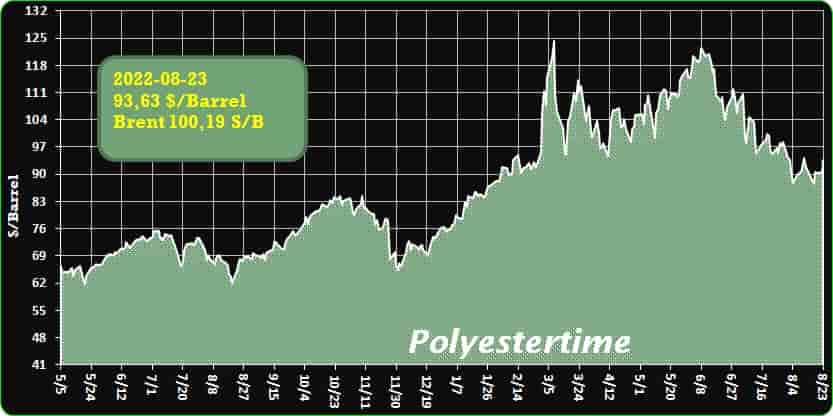
-Bulgaria refuses to buy large quantities of US liquefied gas
The Bulgarian government has decided to accept only one of the agreed seven liquefied gas supplies from the US company Cheniere, despite the price being almost €30 lower than that offered on European gas exchanges.
Currently, the caretaker government appointed by President Rumen Radev is in power. His political opponents have accused the president of attempting to resume Gazprom supplies.
Bulgaria and Poland were the first two European countries to which Gazprom stopped supplying gas for refusing to pay for the fuel with roubles. Authorities in Sofia provide about 1/3 of the required gas with a long-term contract with Azerbaijan, but other supplies rely on short-term contracts. Carbon-fiber – Plastic-recycling
In June, in its last days in power, the government of Kiril Petkov negotiated the supply of seven cargo ships of liquefied gas from the United States with the assistance of the European Commission.
The US gas supplies would have filled about half of the missing quantities for Bulgaria. But Petkov’s government was ousted by a no-confidence vote, and early parliamentary elections are scheduled for 2 October.
Caretaker Energy Minister Rosen Hristov explained on Friday that the liquefied gas offer had been denied because it is costly to reserve LNG slots in Turkey and Greece. Hristov said that Bulgaria could find gas, but high prices were the problem.
“The quantities do not bother us as much as the trend of raising market prices,” the minister said.
The purpose of the Bulgarian government is to provide a systemic supply of gas by pipelines, he added. Next week, negotiations with three Turkish companies will aim to achieve fixed offers for delivery for six to 12 months, with a priority to guarantee the quantities by the end of winter.
Also, there will be talks to increase the Azeri supplies next week, but the price will differ from that of the current contract. Hristov said that the Azeri ambassador to Sofia assured them that there were reserves for additional deliveries. Carbon-fiber – Plastic-recycling
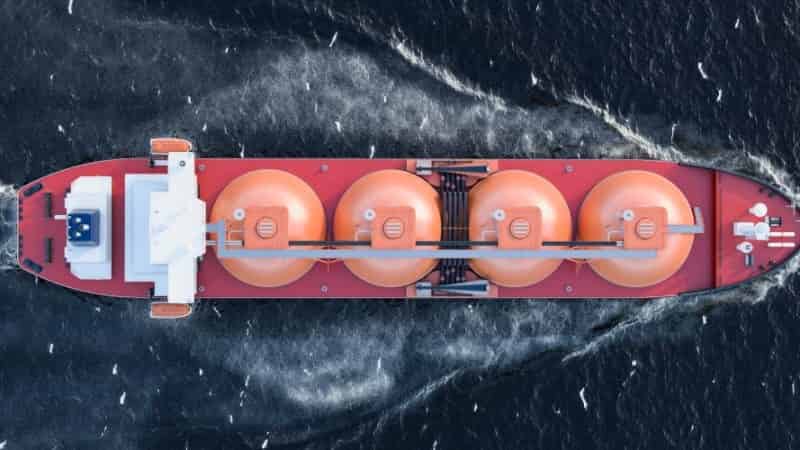
-Lignin may lead to greener, stronger carbon fiber
New research with lignin may soon lead to lighter, stronger carbon fiber materials and stronger plastics with a gentler environmental impact.
Lignin is a compound that is essential for most plants but considered a waste product by industry.
The key to opening up lignin’s potential was chemically altering some of its properties. High Molecular Weight Esterified Linkage Lignin (HiMWELL) was designed by the group of Joshua Yuan, professor and chair of the energy, environmental & chemical engineering department at Washington University in St. Louis’ McKelvey School of Engineering..
Researchers knew that, combined with polyacrylonitrile (PAN), the newly designed HiMWELL lignin could become a precursor to a better carbon fiber and that it could enable the development of recyclable plastics with better properties, as well.
Already, carbon fiber is known for being a strong and stiff, yet light—and premium—material. It is used as structural reinforcement in everything from tennis rackets to airplanes, and carbon fiber frames reduce weight and improve safety in high-end vehicles. It has been incorporated anywhere possible in some of the fastest super and hypercars.
Yuan’s previous work identified three main roadblocks to incorporating lignin in the equation: neither lignin’s chemical structure nor its molecular weight is uniform, which makes it difficult to combine with other polymers. And it has a high number of OH groups, a reactive pairing of oxygen and hydrogen that attracts water—not ideal for building a rigid material like carbon fiber. Carbon-fiber – Plastic-recycling
These discoveries inspired Yuan and senior scientist Jinghao Li to redesign lignin structures. By developing a technique to chemically alter these properties, Yuan says, “We’ve really created a type of lignin that is very unique.”

-Polyester market still under burden in August
End-user market did not show signals to grow since Aug although Sep is supposed to be the traditional peak season. Downstream plants kept running at low capacity for three weeks with weak orders, high stocks, heat temperature, water shortage and power rationing. The operating rate of fabric mills fluctuated around 35-55% in Zhejiang and Jiangsu since Aug and that of DTY plants was around 40-65%. The main reason is that the power rationing policy is not unified and is apparently temporary.
Up to now, the operating rate of DTY plants was at 47% in Zhejiang and Jiangsu, near 50% in Xiaoshan, Shaoxing and Changshu, at 40-50% in Taicang, around 40% in Cixin and around 50-60% in Changxing. Carbon-fiber – Plastic-recycling
Operating rate of fabric mills was at 44% in Zhejiang and Jiangsu: around 50-60% for water-jet mills in Wujiang, around 50% for water-jet mills in Changxing, near 40-50% for water-jet plants in North Jiangsu, near 50% for warp knitting plants in Haining, at 30% for warp knitting plants in Changshu, near 30-40% for circular knitting plants in Changshu and Shaoxing. Operating rate of dyeing plants inched up to 49% in Zhejiang and Jiangsu: around 40-50% for plants in Xiaoshan and Shaoxing, near 60% in Wujiang, around 50% in Changxing and Haining and North Jiangsu, and at 20-30% in Changshu.
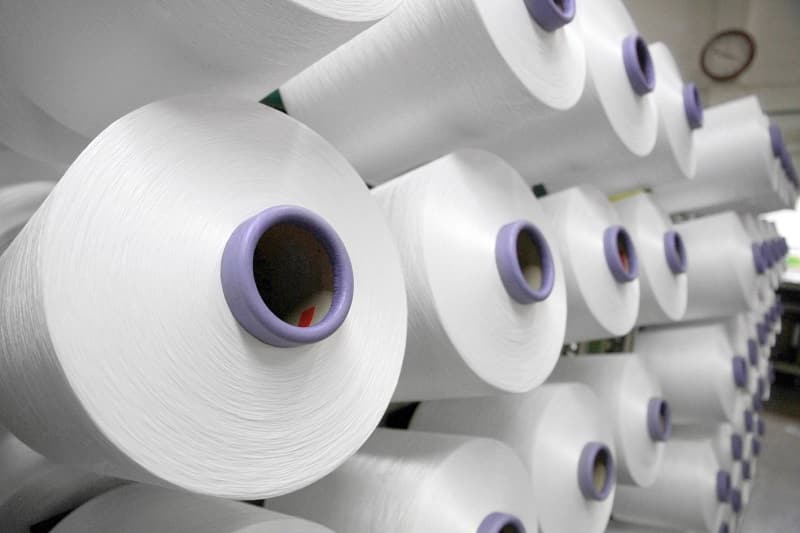
–Switching from plastic not a cure-all, says UK group
Recoup analysis points to cases where companies changed packaging from plastic to something less recyclable.
Peterborough, United Kingdom-based not-for-profit Recoup says regarding a trend toward packaging material switching away from plastic that, in some cases, it is being done “without consideration for the effect on overall recyclability.”
States the group, “When packaging is assessed in isolation rather than as part of the overall supply chain, then citizens can be lulled into a false sense of security regarding recyclability and environmental sustainability claims.”
Recoup has produced a set of case studies designed to spell out the issue and how improvements can be made to “ensure maximum recovery whilst minimizing the impact on the environment. Carbon-fiber – Plastic-recycling
“ States the organization, “It is important that any claims made concerning sustainability are valid and not ‘greenwashing.’”
Comments Kate Bedford, Recoup’s packaging project manager, “There is a need to make brand owners and packaging designers aware of the factors which need to be considered when looking at changing material. Case studies communicate what is required.”
Paul East, the group’s head of packaging, recycling and design, remarks. “A growing number of companies are following the trend to change material types to claim improved sustainability and recyclability. However, there are instances when product claims are in danger of lulling consumers into believing such switches are an improvement, when in some instances this is not the case.”
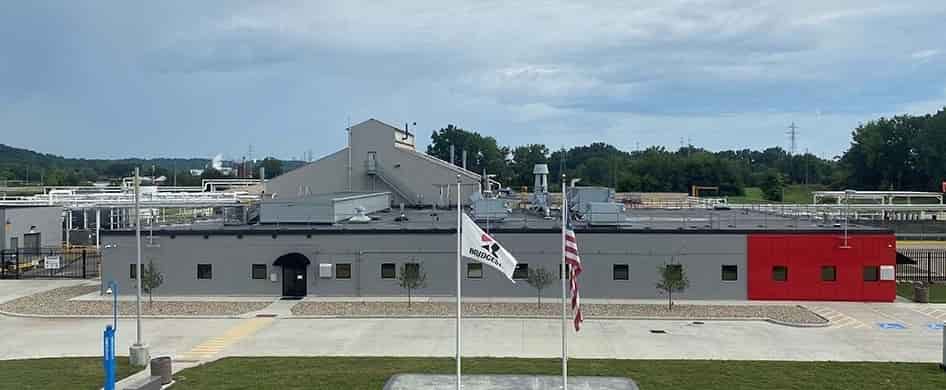
-Albis extends range of sustainable polymers
Polymer distributor Albis has expanded its portfolio of sustainable material solutions with several new product lines from long-term partner and styrenics supplier Ineos Styrolution.
By offering identical mechanical properties to their fossil-based counterparts, the new materials provide easy-to-use drop-in solutions that meet the highest technical requirements, thereby addressing the need for more sustainable solutions in various industries. The distribution rights cover the EMEA and Asia-Pacific regions.
For example, the recently introduced Novodur ECO specialty ABS and Novodur ECO High Heat ABS grades are now a part of Albis’s distribution portfolio. Based on high quality mechanically recycled post-consumer waste, these new grades offer a balanced property profile and are ideal as sustainable options – especially for automotive applications. Novodur ECO specialty solutions contain up to 70% recycled material, while Novodur ECO High Heat products contain up to 40%. Carbon-fiber – Plastic-recycling
“Ineos Styrolution and Albis share a long-standing and successful partnership. These innovative sustainable product lines are a perfect addition to our large portfolio of sustainable solutions,” said Stephan Schoen, senior director, product management, Technical Polymers at Albis.
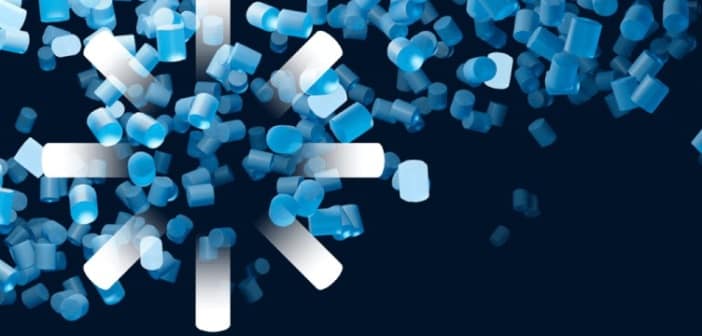
-Tracking Trends in Advanced/Chemical “Recycling”
STATE LEGISLATION ALERT
- What’s happening?
In 2017-2019, the plastics and chemical industry, represented by the American Chemistry Council (ACC), led an effort to make legislative changes to statewide policies to promote “chemical recycling” and plastic-to -fuel as a solution to the plastic pollution and climate crisis: ¢ Excess plastic waste in the United States following global plastic import bans, such as the China National Sword Policy, and in response to single use plastic bans. ¢ Climate change by promoting the technology as a source of “renewable” fossil fuel energy, also known as plastic-to-fuel (PTF) technology. ACC is modeling and promoting legislation to create a market for pyrolysis. Their report, “Economic Impacts of Advanced Plastics Recycling and Recovery Facilities in the U.S.” outlines their goals for this nascent industry. The industry trade association is promoting pyrolysis as an economic opportunity that is projected to create $10 billion in direct and indirect economic output. It has started a partnership with Renewlogy, a pyrolysis company. The CEO of Renewlogy, Priyanka Bakaya, also chairs the Plastics-to-Fuel and Petrochemistry Alliance, which commissioned the study. Carbon-fiber – Plastic-recycling
- What’s the problem?
Plastic-to-fuel technologies are expensive and immature- start-ups have come and gone for decades due to failure to meet pollution control limits, technical, and/or financial goals - and is a distraction from real solutions. ¢ Pyrolysis facilities produce toxic chemicals, like persistent organic pollutants (POPs), lead, arsenic, mercury, and polycyclic aromatic hydrocarbons. ¢ Plastic-to-fuel threatens our climate as plastics are made from oil and gas. Burning plastic directly and burning the gases from pyrolysis both create fossil fuel emissions. PTF products may also contain dioxins and other toxic chemicals contained in plastics. ¢ Billions of dollars have been invested and lost in pyrolysis approaches. ¢ These processes do not work as promised on a commercial scale and waste time & resources that should be spent developing real solutions - namely plastic reduction.
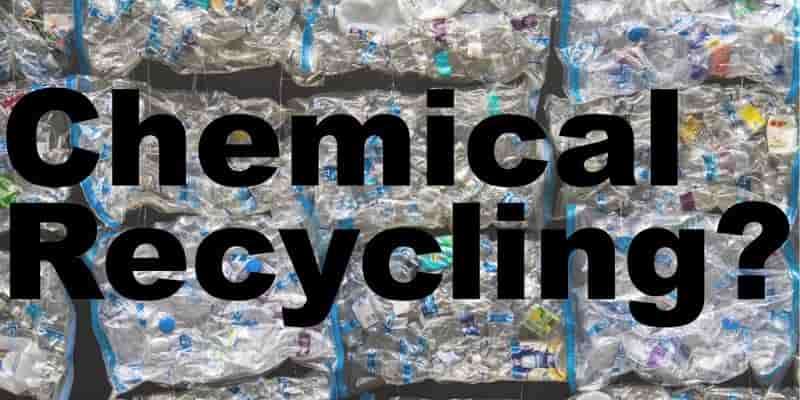
Will Simpson takes us on a tour of some of the most groundbreaking plastic recycling technologies on the horizon, offering hope that today’s material mess might become tomorrow’s material manna.
It remains one of the biggest conundrums in the recycling world. Whilst plastic bottles, pots, tubs and trays have been a feature of kerbside collections for well over a decade in the UK, the actual amount of plastic that actually gets recycled still remains low – just 44 per cent of the UK’s total plastic packaging waste in 2021.
Due to the lack of facilities in the UK, far too much still ends up being exported – some 540,000 tonnes of it in 2020 – much of that effectively ‘dumped’ on the other side of the world, in Turkey and Malaysia in particular. For the 44 per cent that is picked up, the vast majority goes to mechanical recycling. Here PET is sorted, cleaned and granulated so it produces plastic ‘flakes’ which can be used in a number of non-food grade applications.
But that means that there is still a huge amount of virgin plastic coming onto the market each year – effective closed-loop recycling is still some way off. And this at a time when there is an increased demand for recycled plastic: the Plastic Packaging Tax came into effect in April this year, meaning that packaging with a recycled content of less than 30 per cent now comes with a surcharge of £200 per tonne.
So, action is needed. Urgently. However, there are a number of new developments that, combined, could move the dial on plastic recycling. As yet, none resemble a silver bullet. But they could mean that in a few years’ time there will be a range of options for end-of-life plastic beyond mechanical recycling. Carbon-fiber – Plastic-recycling
Enzymatic recycling
This is an intriguing new process, developed by the French company Carbios. Essentially, it involves purified bacteria feeding on the bonds that hold polymers together, breaking them down to their essential building blocks. This breakthrough was announced back in 2019, when Carbios produced the first PET bottle using this process. “We take plastics or polyester fibres, process them in our plant and inject them with enzymes we have developed – one kilo of them per 100 kilos of plastic waste,” explains CEO Emmanuel Ladent. “The enzyme acts like a pair of scissors, cutting through the molecules until we have monomers, with which we are able to assemble virgin plastic.”
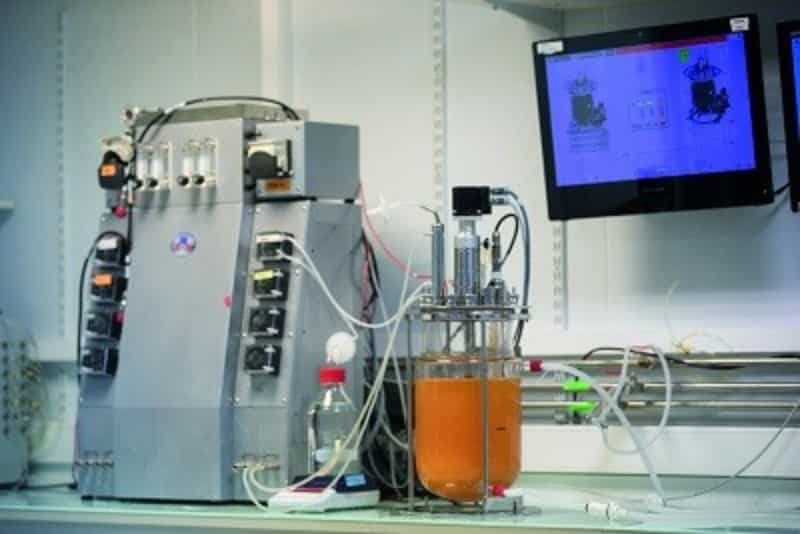
-Azelis strengthens R&PA presence in Turkey
Azelis, a leading global innovation service provider in the specialty chemicals and food ingredients industry, announces that it has signed an agreement to acquire 100% of the shares of Dagalt Kaucuk San. (Dagalt), a specialty chemicals distributor active in the Turkish rubber and plastics additives (R&PA) market, said the company.
The acquisition of Dagalt? strengthens Azelis’ R&PA footprint in Turkey. Dagalt’s extensive product portfolio strategically complements the Group’s lateral value chain in industrial chemicals, enhancing the offerings and technical expertise Azelis provides to customers.
Established in 1980, Dagalt has grown to be a leader in rubber and rubber additives in the domestic market. With 14 employees, Dagalt supports over 400 customers with products and expertise. CEO Sadik Dagalt will continue leading the business to ensure a smooth transition into Azelis. Carbon-fiber – Plastic-recycling
The transaction expects to close at the end of the third quarter, after fulfilment of customary closing conditions.
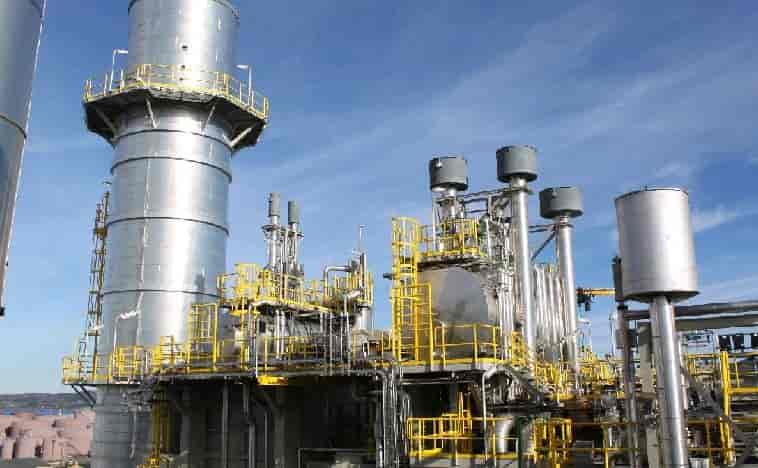
Carbon-fiber – Plastic-recycling
